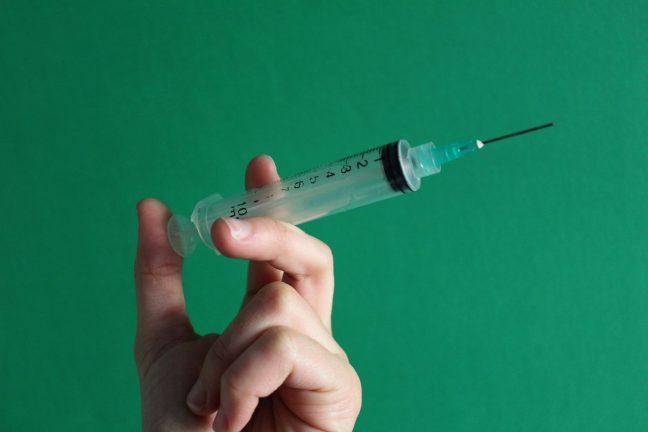University of Wisconsin School of Medicine and Public Health researchers studied the effects of a mobile health app intended to integrate treatments for substance abuse and addiction into primary care. The app, called Seva, features a discussion board and modules to instruct the user on problem-solving techniques, ways to cope with cravings and how to respond to high-risk situations.
Study participants had 44 percent fewer risky-drinking days, 34 percent fewer illicit drug-use days, 32 percent fewer hospitalizations and 49 percent fewer emergency department visits.
Despite clear benefits to patients, the app’s use is only possible so long as funding for the program is maintained. A National Institute on Drug Abuse grant paid for the phones and data, but the application’s use ceased when funding stopped coming in. The study hopes to find more long-term sources of funding to keep systems running for patients.
But there are legitimate concerns about sustaining such a program. Mobile health apps, as effective as they may be, do not replace doctors with a trained eye, careful expertise and human concern. After all, the internet is famous for producing the names of deadly infections upon a simple search of “headache and fever.” Despite these extremities, medically-sound, structured health apps can serve as useful tools for ongoing treatment following a doctor’s diagnosis and advisement.
Seva could be a step in the right direction for providing continuous care for patients with substance use disorders, with the tools for rehabilitation in their pockets at all times. Mobile health apps are not alternatives to in-person treatment, but tools healthcare professionals should be used to personalize their patients’ experiences of rehabilitation.
Increased use and additional funding of the apps does not mean in-person consultations with doctors are any less important, but give those struggling with substance use disorders access to constant care and support. This especially holds true in low-income communities that face barriers when obtaining treatment, such as transportation, scheduling conflicts, work and the sheer cost of paying for a few minutes with a doctor. If Seva’s funding is renewed, the universal access to assistance for substance abuse survivors would relieve some of these barriers and ease the burden of low-income patients.
Access to a mobile health app would provide patients suffering from substance use disorders with around-the-clock support that best suits their personal needs, without the necessity for numerous time-consuming consultations with doctors.
The topic of healthcare has been hotly debated over the last few months and has somewhat lost steam in legislative stalemates. Even so, Americans should reserve some optimism for technological advances to aid in age-old struggles. Mobile health apps are a significant step in the right direction for easy-access, personalized healthcare for all Americans and serve to help medical professionals treat their patients rather than hinder their progress and importance.
Juliet Dupont (jdupont@wisc.edu) is a freshman intending to major in political science and journalism.


